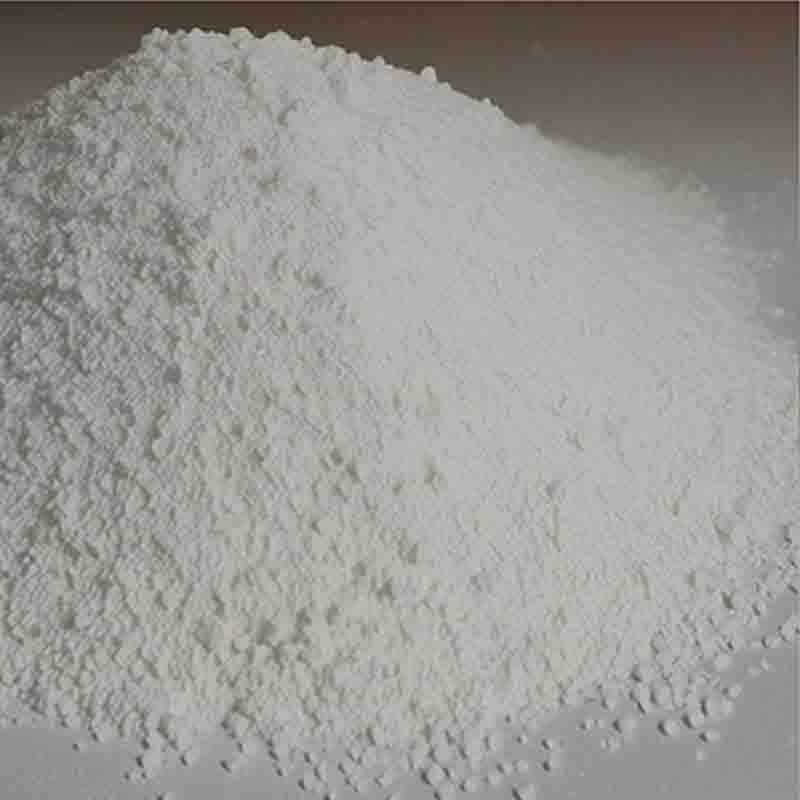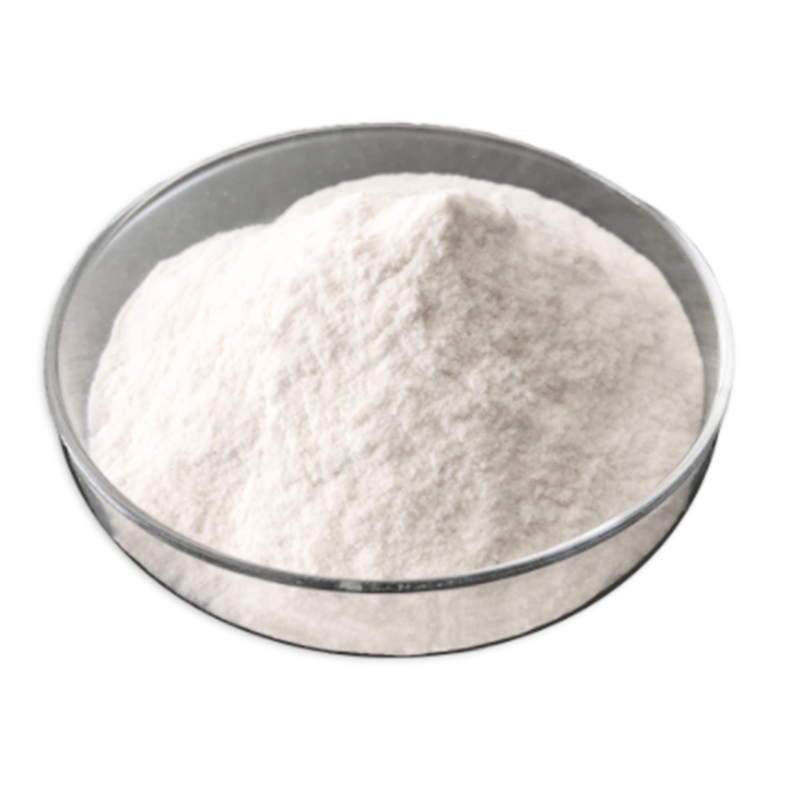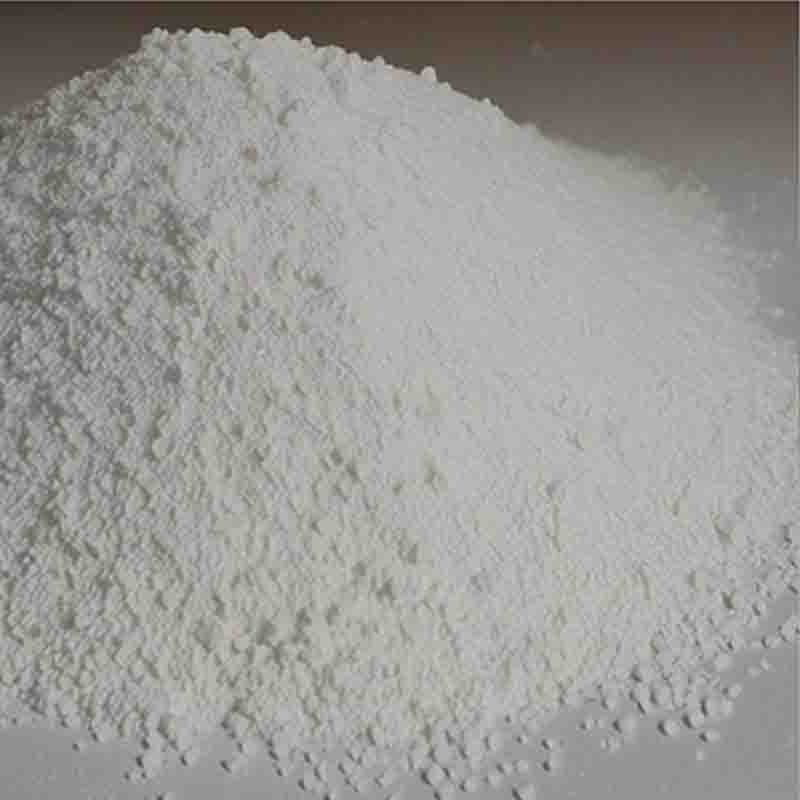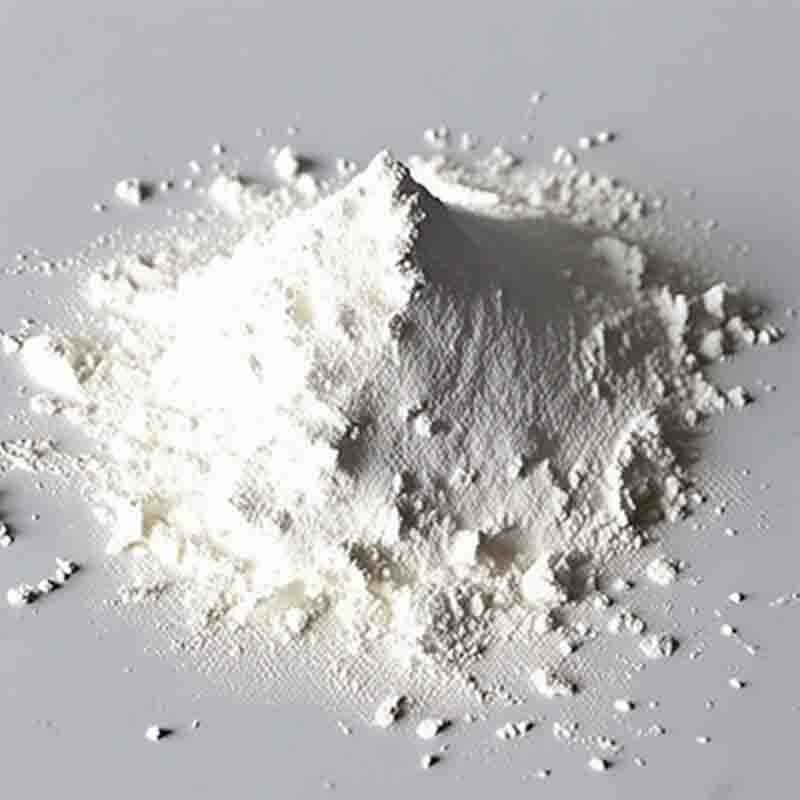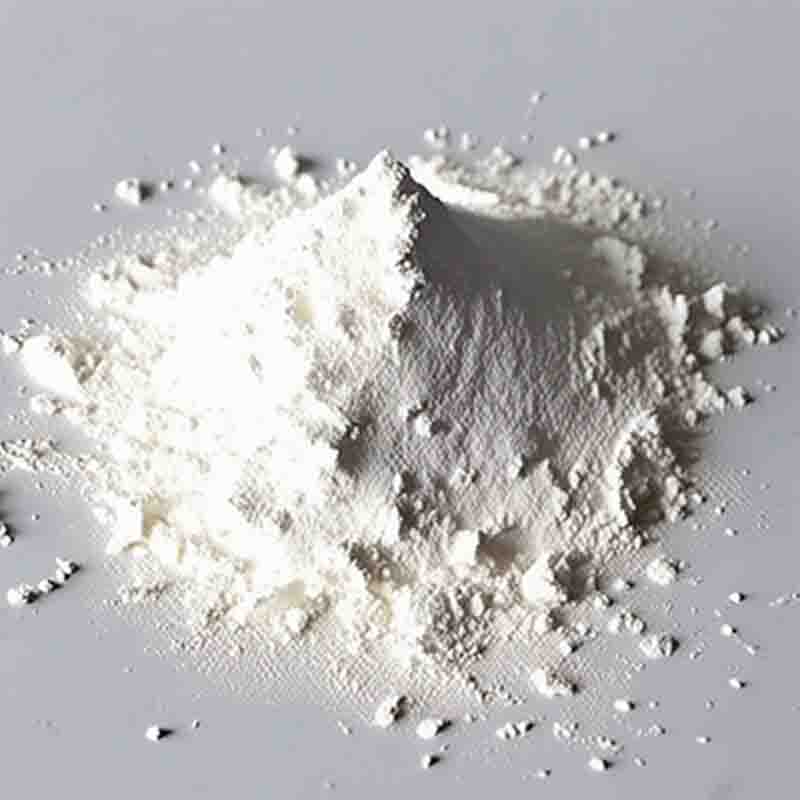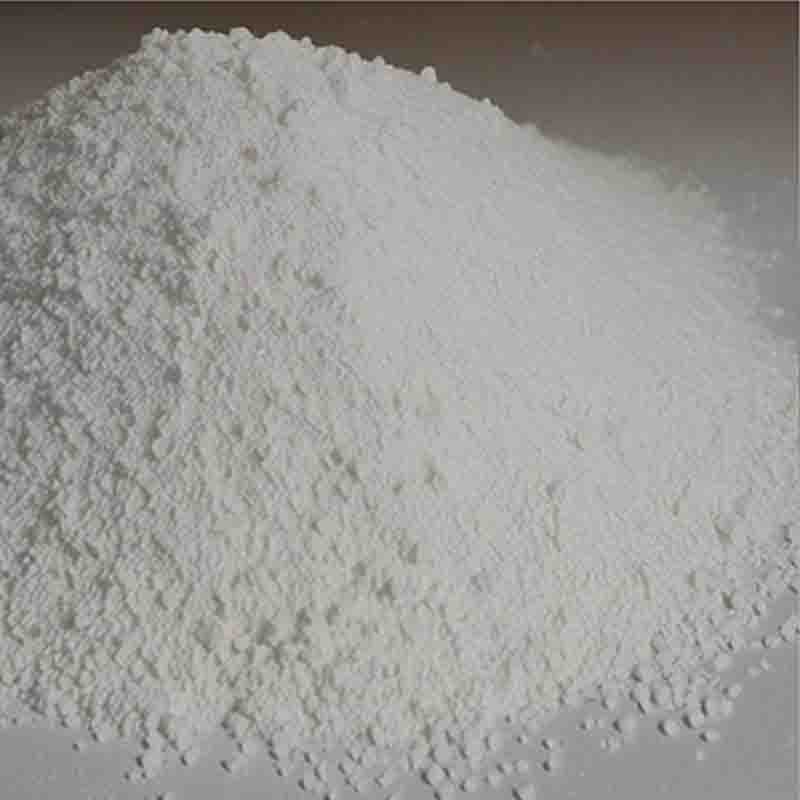2-HYDROXYPROPYLMETHACRYLATE CAS:27813-02-1
| Catalog Number | XD95461 |
| Product Name | 2-HYDROXYPROPYLMETHACRYLATE |
| CAS | 27813-02-1 |
| Molecular Formula | C7H12O3 |
| Molecular Weight | 144.17 |
| Storage Details | Ambient |
Product Specification
| Appearance | White powder |
| Assay | 99% min |
2-Hydroxypropylmethacrylate (HPMA) is a monomer that is widely used in the production of various polymeric materials. It has unique effects and properties that make it valuable in a range of applications.One of the primary effects of HPMA is its ability to enhance the hydrophilicity of the polymers it is incorporated into. Hydrophilicity refers to the tendency of a material to attract and absorb water. By adding HPMA to a polymer formulation, it improves the material's capacity to absorb moisture and increases its water content. This is particularly useful in applications such as hydrogels, where the ability to retain and release water is important. Hydrogels based on HPMA can be used in wound healing, drug delivery systems, and contact lenses.Furthermore, HPMA can improve the flexibility and elasticity of polymers. When HPMA is incorporated into polymeric materials, it helps to increase their flexibility, making them less brittle and more resistant to cracking or breaking. This makes it suitable for use in adhesives, coatings, and sealants that require flexibility and toughness.Another significant effect of HPMA is its impact on the biocompatibility of polymeric materials. HPMA displays excellent compatibility with living tissues, making it attractive for use in biomedical applications. Its low toxicity and non-immunogenicity make it suitable for applications such as tissue engineering, implantable devices, and drug delivery.In addition, HPMA can be modified to introduce other functional groups or crosslinking agents, allowing for further customization of the resulting polymers. This versatility makes HPMA a valuable tool in polymer synthesis.However, it is important to note that HPMA may have some limitations. As with any monomer or polymer, its use should be carefully evaluated for specific applications. In some cases, it may exhibit low solubility or require specific processing conditions.In summary, 2-Hydroxypropylmethacrylate (HPMA) has a range of effects and properties that make it valuable in polymer applications. It enhances hydrophilicity, improves flexibility, and increases biocompatibility. Its versatility allows for further modification and customization. However, like any chemical, proper handling and evaluation of its suitability for specific applications is important.


